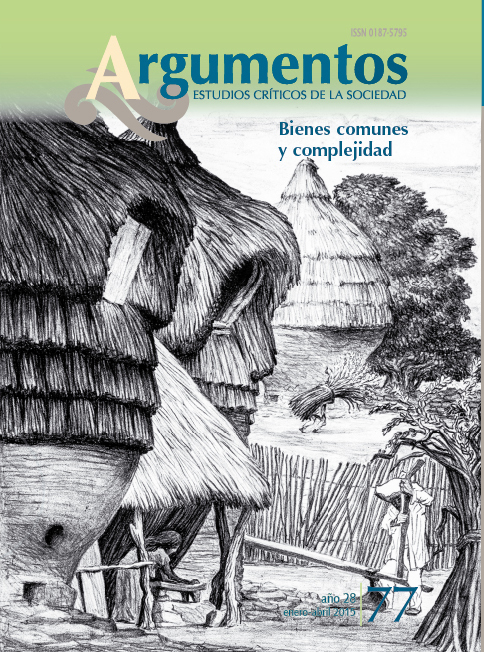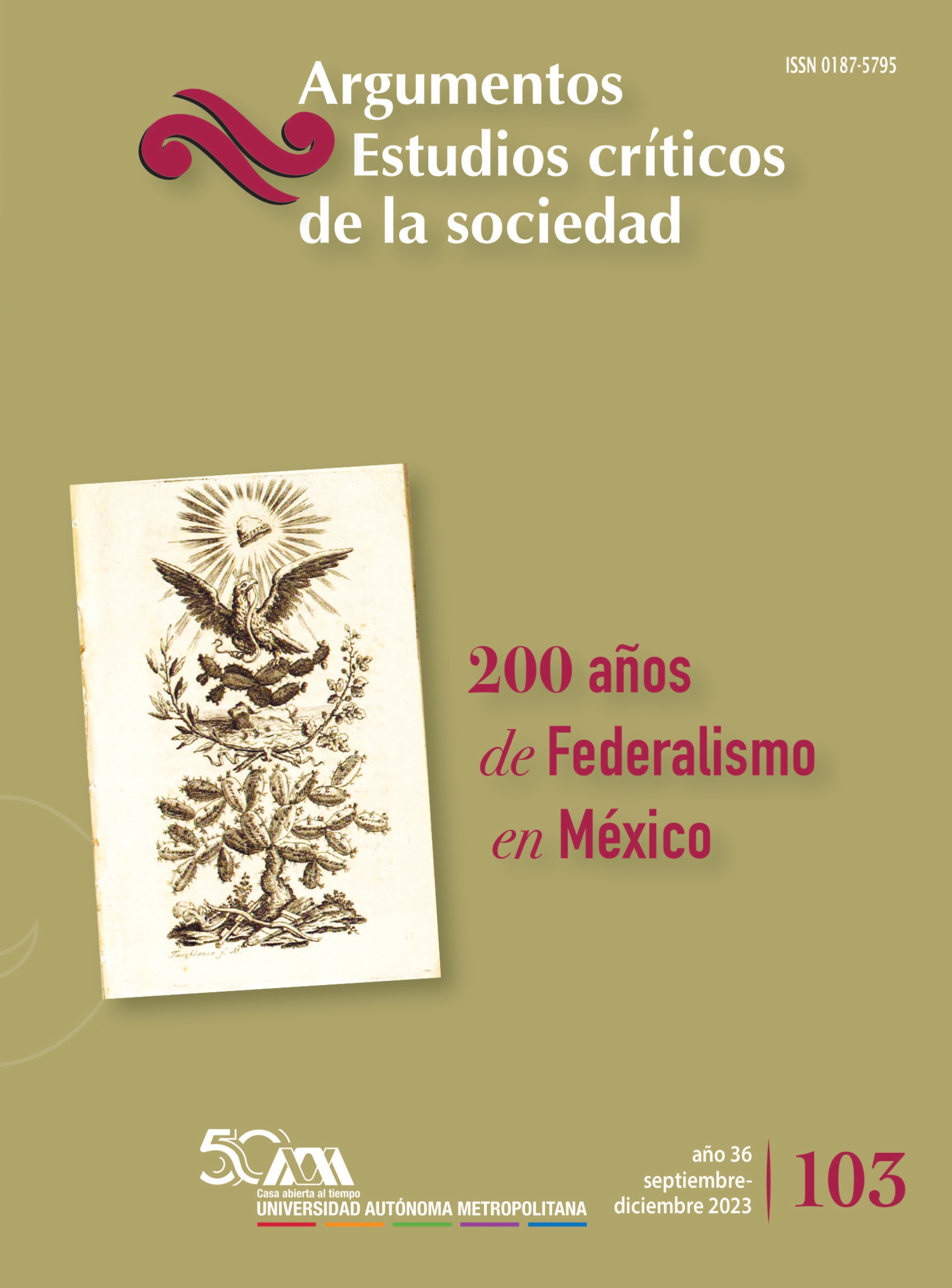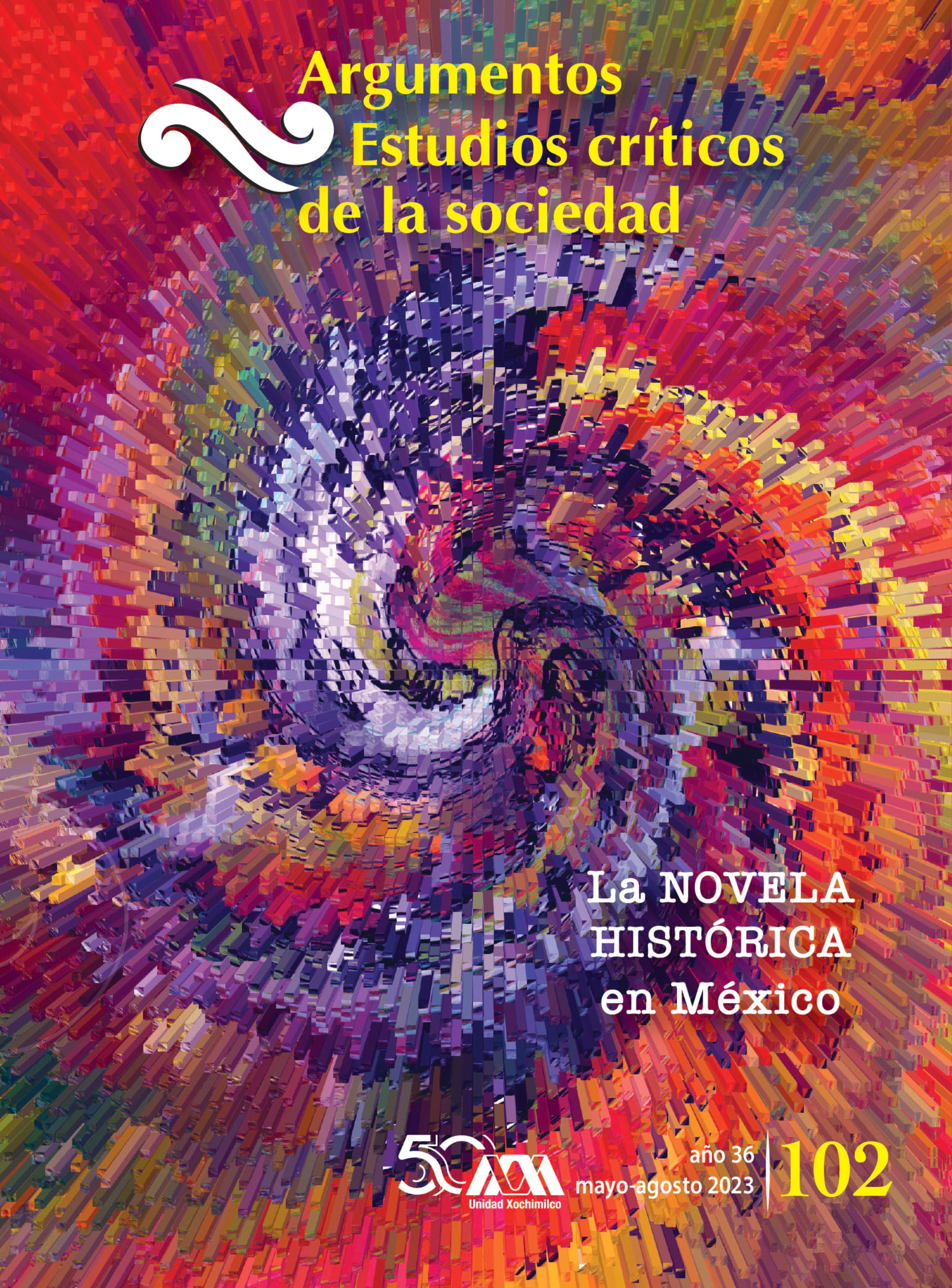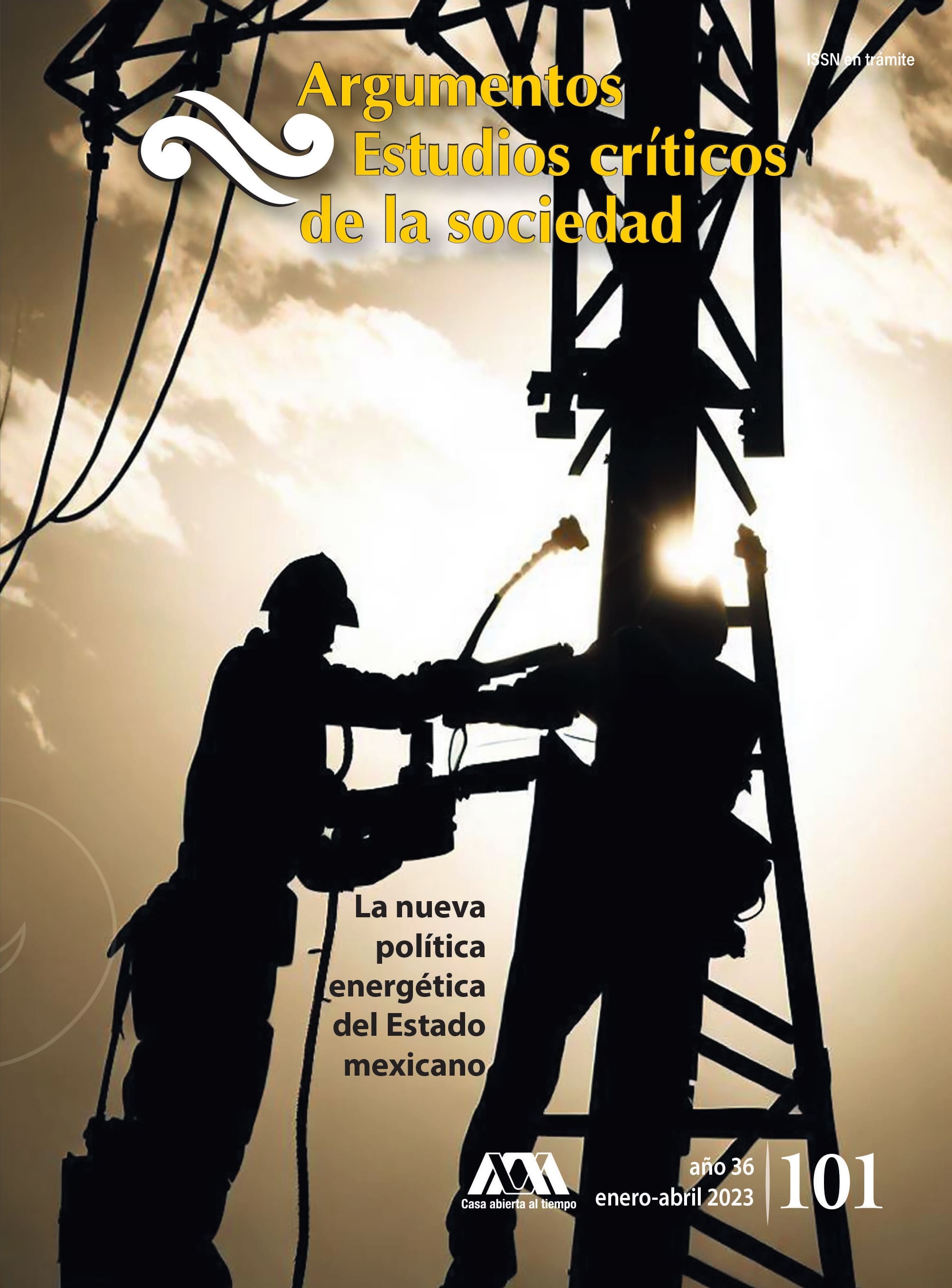La obsesión del crecimiento
Resumen
En tiempos precapitalistas y preindustriales el crecimiento económico dependía del aumento de la población, el cual a su vez dependía de la oferta de bienes y servicios para la subsistencia y la reproducción. Sin embargo, desde la Revolución Industrial, el crecimiento del producto interno bruto (PIB) ha sido impulsado por el desarrollo dinámico de las fuerzas productivas, es decir, por una mayor productividad (laboral). Desde la segunda mitad del siglo XIX, las tasas promedio de crecimiento aumentaron notablemente. No obstante, este crecimiento ha sido extremadamente desigual a través del tiempo y el espacio, y ha fracasado en reducir las desigualdades entre personas y regiones en un mundo globalizante.
Citas
Altvater, Elmar (1992), Der Preis des Wohlstands, Münster, Westfälisches Dampfboot.
—— (1993), The Future of the Market, Londres, Verso.
—— (1999), “World Economy, the Financial Crisis, and Ecological Sustainability B A Trilemma, in: Capitalism, Nature, Socialism”, A Journal of Socialist Ecology, vol. 10 (4), núm. 40, pp. 37-68.
Altvater, Elmar, et al., (1979), Vom Wirtschaftswunder zur Wirtschaftskrise. Ökonomie und Politik in der Bundesrepublik, Berlin, Olle und Wolter.
Altvater, Elmar y Birgit Mahnkopf, (1996; 1999), Grenzen der Globalisierung. Ökonomie, Politik, Ökologie in der Weltgesellschaft, Münster, Westfälisches Dampfboot.
Blazejczak, Jügen, (1998), “Zukunftsgestaltung ohne Wirtschaftswachstum?” B Ergebnisse eines Workshops des DIW im Auftrag von Greenpeace Deutschland, in: DIW B Diskus-sionspapier, núm. 168, Berlin, DWI.
Bologna, Sergio y Andrea Fumagalli (1997), Il Lavoro Autionomo di Seconda Generazione. Scenari del Postfordismo in Italia, Milán, Feltrinelli.
Brenner, Robert (1998), “The Economics of Global Turbulence”, New Left Review, núm. 229
Callinicos, Alex (1999), Capitalism, Competition and Profits: A Critique of Robert Brenner’s Theory of Crisis, Historical Marxism, núm. 4, Londres, Faculty of Law and Social Sciences SOAS, University of London, pp. 9-31.
Crafts, Nicholas (2000), Globalization and Growth in the Twentieth Century, IMF Working Paper WP/00/44, IMF, Washington DC.
Daly, Herman E. (1991), Steady-State Economics, 2a. ed., Washington DC / Covelo Island Press.
Dollar, David/ Kraay, Aaart (2000), Growth Is Good for the Poor, Development ResearchGroup of the World Bank [www.worldbank.org/research], consultado en junio de 2000.
Duménil, Gérard y Dominique Lévy (1999), Brenner on Distribution, Historical Materialism, núm. 4, Londres, Faculty of Law and Social Sciences SOAS, University of London, pp. 73-94
Dussel, Enrique (1998), Beyond Eurocentrism: The World-System and the Limits of Modernity, en: Jameson, Frederic y Masao Miyoshi, The Cultures of Globalization, Durham y Londres, Duke University Press, pp. 3-31.
Easterlin, Richard A. (1998), Growth Triumphant. The Twenty-first Century in Historical Perspective, Estados Unidos, The University of Michigan Press.
Ekins, Paul y Michel Jacobs (1995), Environmental Sustainability and the Growth of GDP: Conditions for Compatibility, en: V. Bhaskar y A. Glyn. (eds.) The North, The South and the Environment. Ecological Constraints and the Global Economy, Londres, Earthscan, pp. 9-46
Foster, John Bellamy (1997), “The Crisis of the Earth. Marx’s Theory of Ecological Sustainability as Nature-Imposed Necessity for Human Production”, Organization & Environment, vol. 10, núm. 3, pp. 278-295.
Friedland, Jonathaan y Leslie Chang (1998), Spreading Fat Slows Global Economy, Estados Unidos, Wall Street Journal, publicado el 30 de noviembre de 1998.
Gaddy, Clifford G. y Barry W. Ickes (1998), “Russia’s Virtual Economy”, Foreign Affairs, vol. 77, núm. 5.
Gates, Jeff (1999), “Peopleized Owenership Patterns: The Key to a Smarter Capitalism”, Systems Research and Behavioral Science, Syst. Res. núm. 16, pp. 437-452.
Georgescu-Roegen, Nicholas (1971), The Entropy Law and the Economic Process, Cambridge (Mass.) / Londres, Harvard University Press.
Giddens, Anthony (1995), Konsequenzen der Moderne, Frankfurt, Suhrkamp.
Goodland, Robert et al. (1992) Nach dem Brundtland-Bericht: Umweltverträglic he wirtschaftliche Entwicklung, Bonn, Deutsche UNESCO-Kommission.
Harrod, Roy (1958), The Possibility of Economic Satiety-Use of Economic Growth for Im-proving the Quality of Education and Leisure, en: Problems of United States Economic Development, vol. 1, Nueva York, Comité para el Desarrollo Económico, pp. 207-213.
Harvey, David (1996), Justice, Nature & the Geography of Difference, Cambridge, Mass. / Oxford, Blackwell.
Held, David, Anthony McGrew, et al. (1999), Global Transformations. Politics, Economics and Culture, Cambridge, Polity Press.
Hirsch, Fred (1980), Die sozialen Grenzen des Wachstums, Reinbek, Rowohlt.
Hobsbawm, Eric (1995), Das Zeitalter der Extreme. Weltgeschichte des 20. Jahrhunderts, Viena / Munich, Hanser.
ILO (1972), Employment, Incomes and Equality, Génova, ILO.
Keynes, John M. (1936), The General Theory of Employment, Interest and Money, reedición 1964, London/ Melbourne/ Toronto, Macmillan.
Kornai, János (1986), “The Soft Budget Constraint”, Kyklos, vol. 39, núm. 1, Cambridge, Blackwell Publishing, pp. 3-30.
Maddison, Angus (1995), Monitoring the World Economy 1820-1992, Paris, OCDE.
Martinez-Alier, Juan (1987), Ecological Economics. Energy, Environment and Society, Oxford, Basil Blackwell.
Martinez-Alier, Juan y Ramachandra Guha (1997), Varieties of Environmentalism: Essays North and South, Londres, Earthscan.
Marx, Karl (1970), MEW 23, Das Kapital. Kritik der politischen Ökonomie, Erster Band Buch I: Der Produktionsprozeß des Kapitals, en K. Marx y F. Engels, Werke, Band 23, Berlin, Dietz.
Mattick, Paul (1976), Die deflationäre Inflation, en: Altvater, Elmar et al., Inflation B Akkumulation B Krise, I, Handbuch 3, Frankfurt-Main / Colonia, Europäische Verlagsanstalt, pp. 146-176.
Moseley, Fred (1999), The United States Economy at the Turn of the Century: Entering a New Era of Prosperity?, in: Capital and Class, No 67, Spring 1999: 25-45
Naím, Moisés (2000), “Washington Consensus or Washington Confusion?”, Foreign Policy, núm. 18, pp. 86-103.
O`Connor, James (1988), Capitalism, Nature, Socialism. A Theoretical Introduction, Journal of Socialist Ecology, núm. 1, pp. 11-45.
OECD (1993), en Annual Projections for OECD Countries, Economic Outlook, núm. 53, Paris, OECD.
Perulli, Paolo (2000), Die Bedeutung der informellen Arbeit im postindustriellen Europa, en: Altvater, Elmar y Birgit Mahnkopf (coord.), Die Ökonomie eines friedlichen Europa, Ziele B Hindernisse-Wege, Münster, Agenda-Verlag.
Pianta, Mario (1997), “Trasformazioni del lavoro: il`terzo settore”, en: Parolechiave, núm. 14/15, Roma, Dozelli editore, pp. 257-276.
Polanyi, Karl (1957), The Great Transformation, Boston, Beacon Press.
Portes, Alejandro (1996), The Informal Economy. Perspectives from Latin America, en: Pozo, Susan (ed.) Exploring the Underground Economy, Studies of Illegal and Unreported Activity, Michigan, W.E. Upjohn Institute for Employment Research, pp. 147-165
Schneider, Friedrich y Dominik Enste (2000), Schattenwirtschaft und Schwarzarbeit. Umfang, Urs-dachen, Wirkungen und wirtschaftspolitische Empfehlungen, Munich / Viena, R. Oldenbourg.
Smith, Adam (1776/1976), An Inquiry into the Nature and Causes of The Wealth of Nations, reedición en 1976, Chicago, The University of Michigan Press; Alemania, Jena 1923, reedición en 1973, Giessen, Andreas Achenbach.
Sparks, Christopher y Mary Greiner (1997), “U.S. and foreign productivity and labor costs”, Monthly Labor Review, pp. 26-36.
Tokman, Victor (1999), La informalidad en los años noventa: situatción actual y perspectivas, en: Carpio, Jorge e Irene Novacovsky, (comps.), De igual a igual. El desafío del Estado ante los nuevos problemas sociales, Buenos Aires, FCE / Siempro / FLACSO, pp. 80-101.
UNDP (1998), Human Development Report 1998, Oxford, Oxford University Press.
UNEP (1997), United Nations Environmental Programme, Global Environmental Outlook, Oxford, Oxford University Press.
Wallerstein, Immanuel (2000), “A Left Politics for the 21st Century? Or, Theory and PraxisOnce Again”, New Political Science, vol. 22, núm. 2, pp. 143-159.
Ward, Kathryn, (ed.) (1990), Women Workers and Global Restructuring, Ithaka NY, ILR Press.
World Bank (2000), World Development Report: Attacking Poverty, Washington DC
World Bank et. al. (2000), Global Poverty Report, Cumbre G8 Okinawa, julio 2000
Worldwatch Institute Report (1984) Lester R. Brown et al.: State of the World, Nueva York / Londres, W. W. Norton.
Wuppertal Institut für Klima, Umwelt, Energie (1996) Zukunftsfähiges Deutschland. Ein Beitrag zu einer global nachhaltigen Entwicklung, (ed.) by BUND and Misereor, Basel/ Boston/ Berlin, Birkhäuser.








